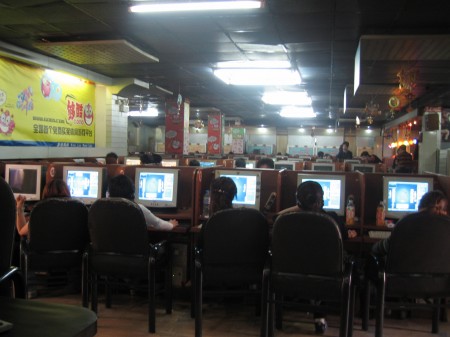
The mass demonstrations that convulsed Brazil in June and July 2013 are more than a raw display of people power; they confirm that we are living in a new era of digitally enhanced protest.
The storyline is by now well rehearsed. What started out as a modest protest by the little-known Movimento Passe Livre (Free Fare Movement)–a group calling for free public transport over the past decade–went viral. Only a few thousand members initially turned up in São Paulo to reject the equivalent of a $0.09 hike on bus fares and corrupt tendering processes for the issuance of transportation licenses.
When their protest was brutally put down by the military police, over a million people from more than 350 cities in Brazil and around the world took to the streets to march against all manner of grievances. The rapid spread of these demonstrations is the ultimate expression of open empowerment–the emboldening of millions of wired young people worldwide to press for change.




